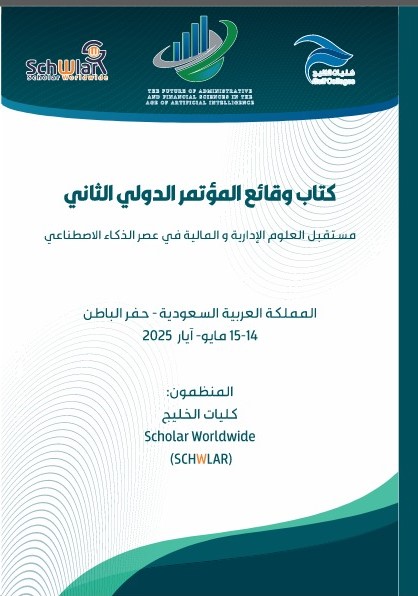The role of Total Quality Management in achieving competitive advantage in the private sector (A case study in Samsa Rapid Transport Limited)
Main Article Content
Abstract
The objective of this study was to identify the role of comprehensive quality management in achieving competitive advantage in the private sector, the extent of continuous improvements in achieving competitive advantage and its impact, and the relationship of culture regulatory application of comprehensive quality management in the private sector applying to Samsa Limited,
The researcher used the analytical descriptive approach, where the identification was a key performance of all data, with 381 questionnaires distributed to all workers in different units. To analyze data and information statistically, the researcher used the Statistical Packages for Social Sciences (SPSS) program, and the problem of research could be crystallized in the following key question: What is the impact of comprehensive quality management in achieving competitive advantage in the private sector? To determine the validity of the study tool, and to determine the relationship between organizational culture and comprehensive quality management, the study reached several recommendations and results, the most prominent of which are: The most important thing that governmental agencies should base their adoption of the concept of comprehensive quality is to achieve God's satisfaction first and then the satisfaction of the beneficiaries. The requirements for achieving comprehensive quality management are requirements for work in general in the Islamic perception and the necessities for its success and acceptance, starting from conviction and belief in the importance of quality, cooperation and teamwork to achieve quality and to create an ethics of successful administrative leadership, walking on a clear path of clear data, qualified cadres and available capabilities, all of which are considered that achieving quality is an urgent Islamic requirement.
The study recommended the creation of clear and flexible administrative policies that are based on actual administrative reality, that take into account its specificities, that address administrative accumulations and errors, and that establish a general framework from which cultural values are derived to establish a strong organizational culture. It's important. Prepare leaders to adopt the concept of overall quality within their organizations. Provide the necessary technical and financial capabilities to support the implementation of comprehensive quality management in Saudi companies.
Article Details

This work is licensed under a Creative Commons Attribution 4.0 International License.
